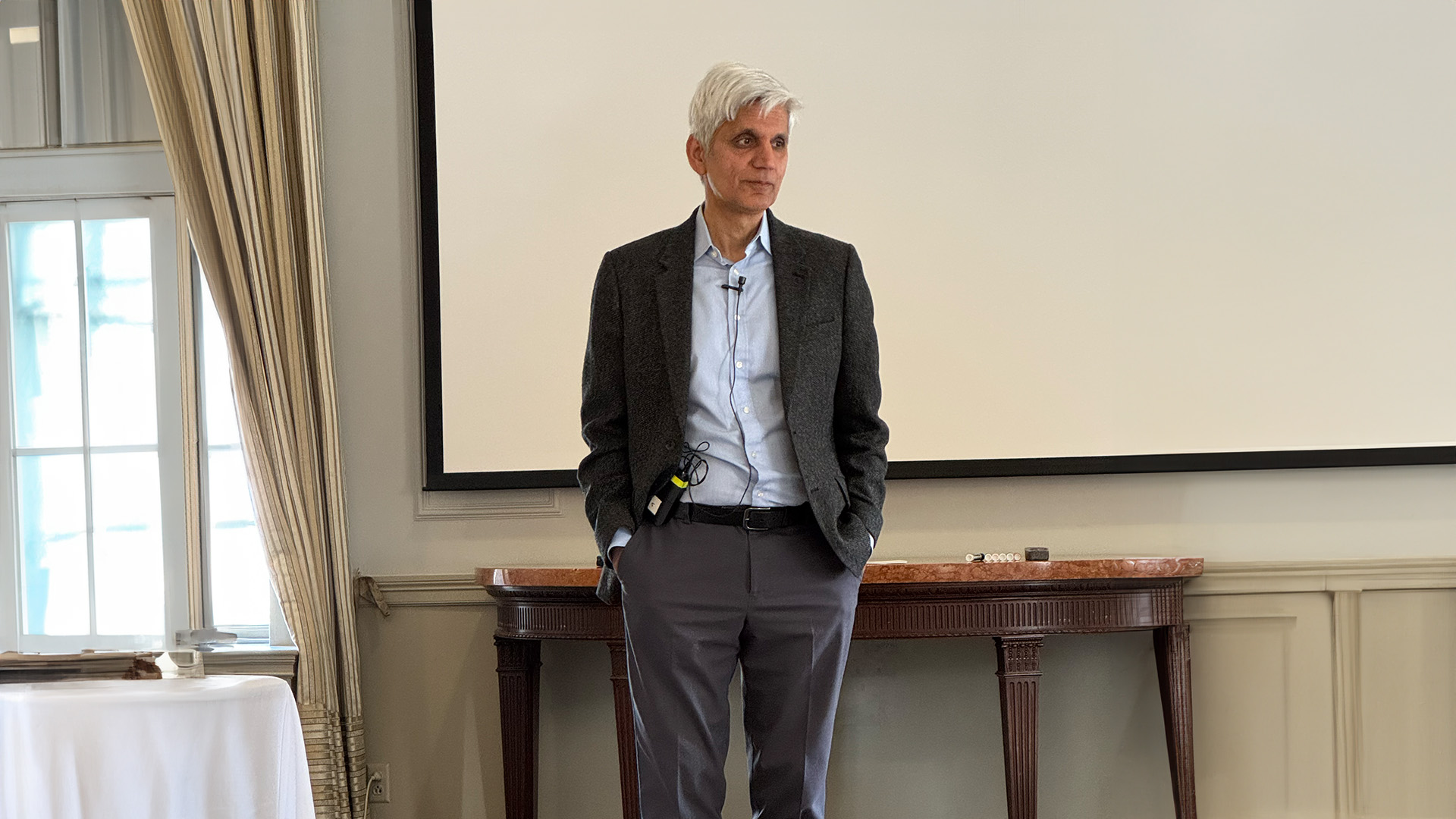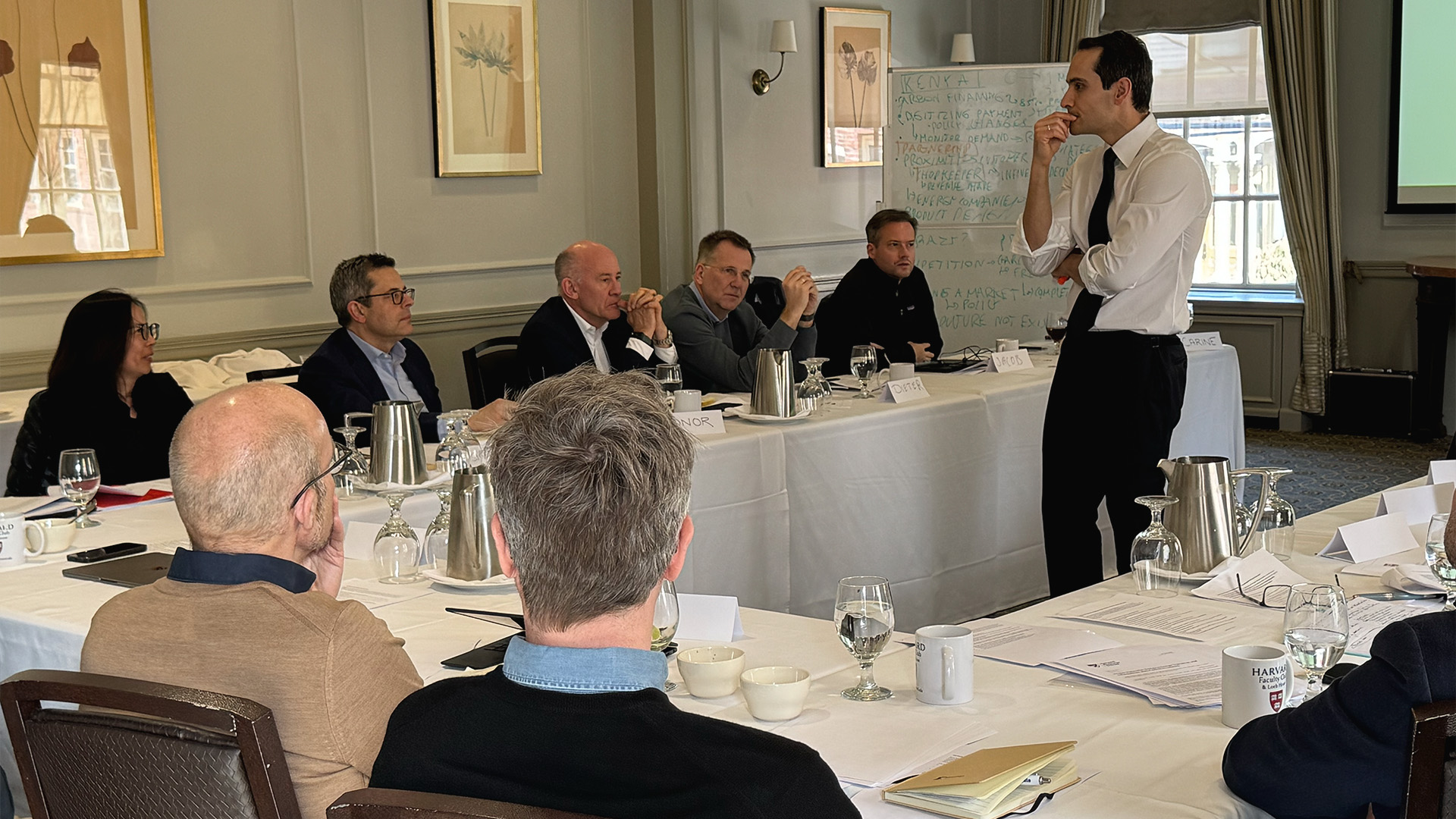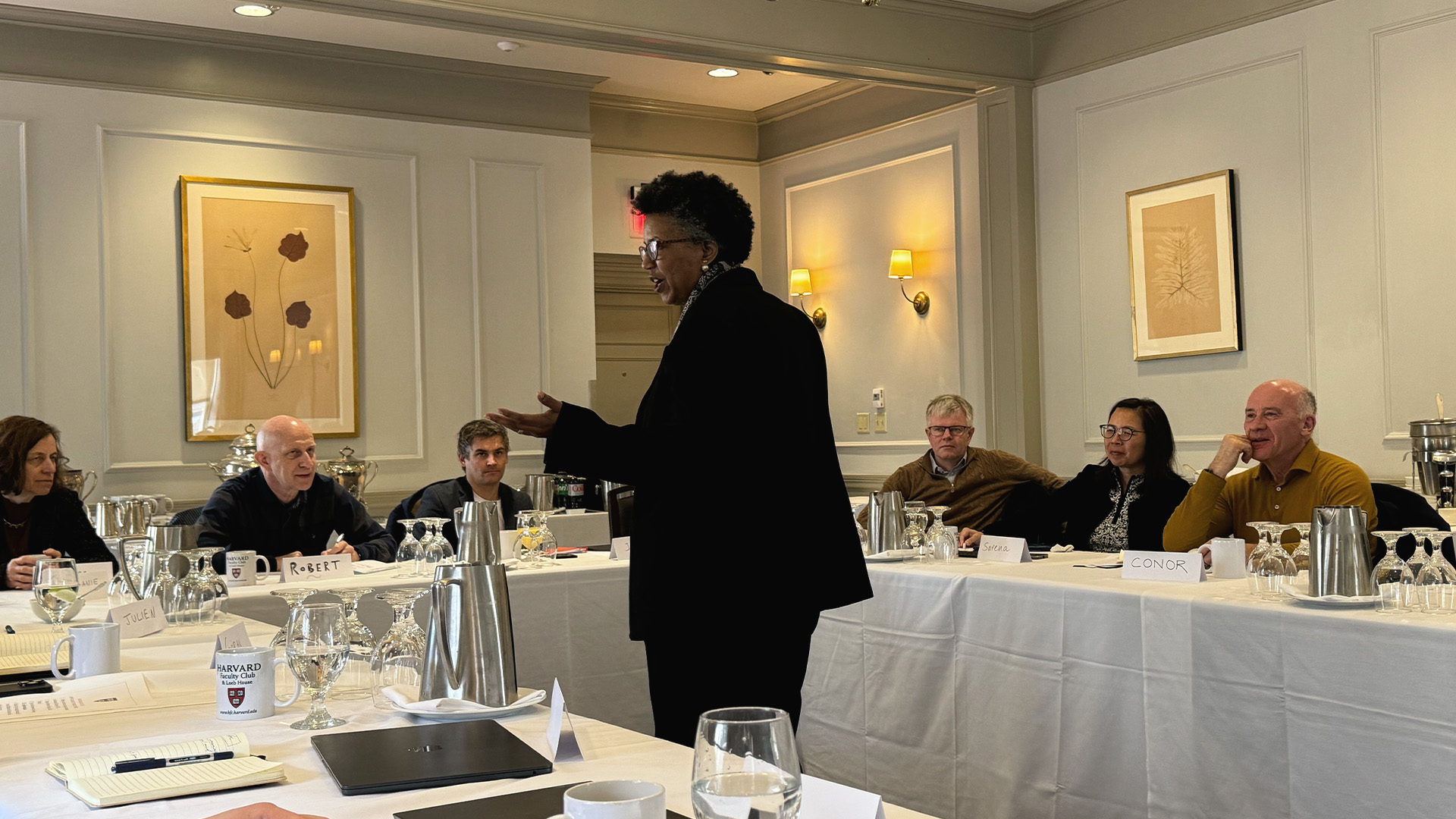Investing in cybersecurity for a secure and resilient digital future
- News
- Impact
- Reports
2 min read

Cyberattacks are escalating, costing the global economy the equivalent of ~3% of GDP every year. At the same time, markets that enable a safer and more resilient digital future could grow more than fourfold to around USD 1 trillion by 2040. Together, this creates one of the most urgent and attractive investment opportunities of the decade.
Today, the global ICT sector contributes USD 6.1 trillion to the global economy, about 6% of global GDP, and is growing twice as fast as the global economy. Yet defenders are falling behind. Critical systems that power everything from smart grids to digital governance are exposed to theft, disruption, and manipulation. Closing this gap will require over USD 1230 billion in R&D and capital investment over the next 15 years.
Investing in cybersecurity solutions is not only about preventing attacks. It’s about safeguarding the foundations of our digital economies and ensuring that they remain a net positive force for society.
Our latest report, developed as part of Summa’s Tech-Enabled Resilience thematic investment strategy, highlights priority areas where investment can deliver strong returns alongside measurable societal impact, including identity and access management, data security, endpoint protection, and managed security services. With cybersecurity spending expected to quadruple by 2040, the sector offers both strategic importance and strong market potential.
Our investments in Logpoint and FAST LTA show how cybersecurity solutions can strengthen digital sovereignty while offering competitive financial returns.
By directing capital into these solutions, we can help significantly reduce global damages from cybercrime annually, protect essential services, and build a more resilient and secure digital future. This is both an urgent necessity and significant opportunity for investors and entrepreneurs alike.
Download our latest report to explore the full investment opportunity in cybersecurity.
The Summa Summarum newsletter
Sign up to our newsletter
Latest readings
News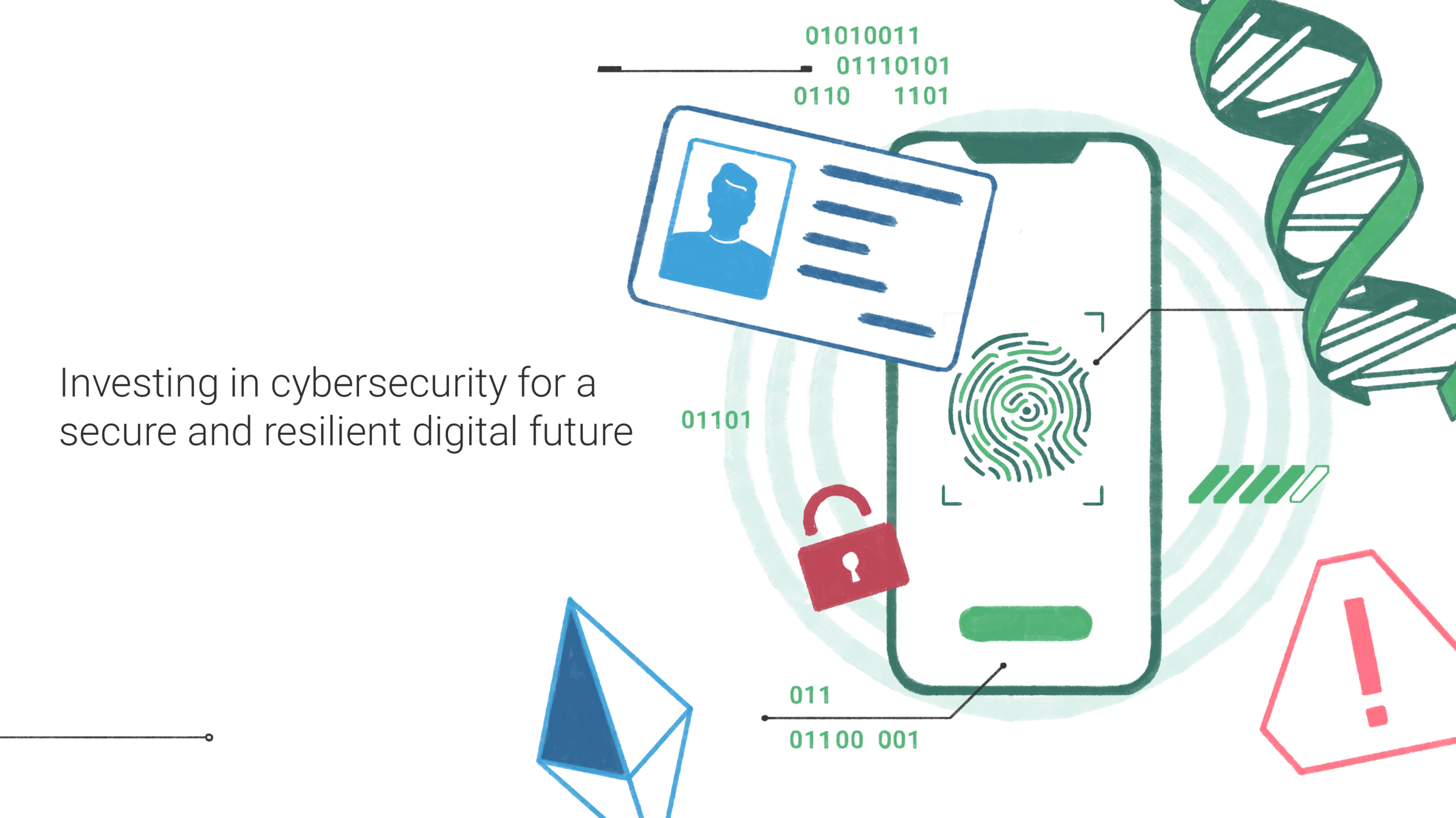
Investing in cybersecurity for a secure and resilient digital future
Read more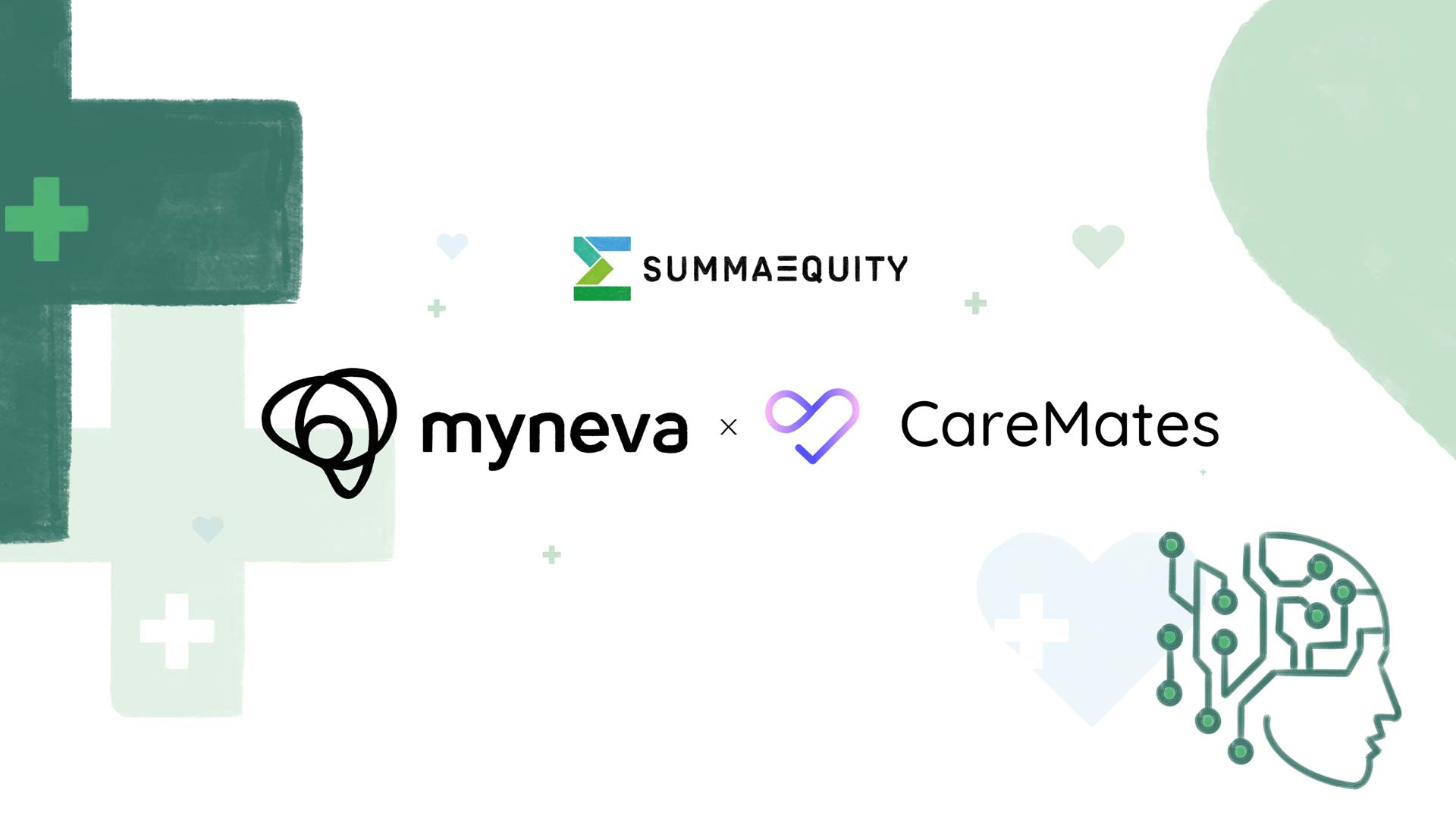
myneva Group, part of Summa Equity, acquires Kuidado GmbH and strengthens digitalization in social sector
Read more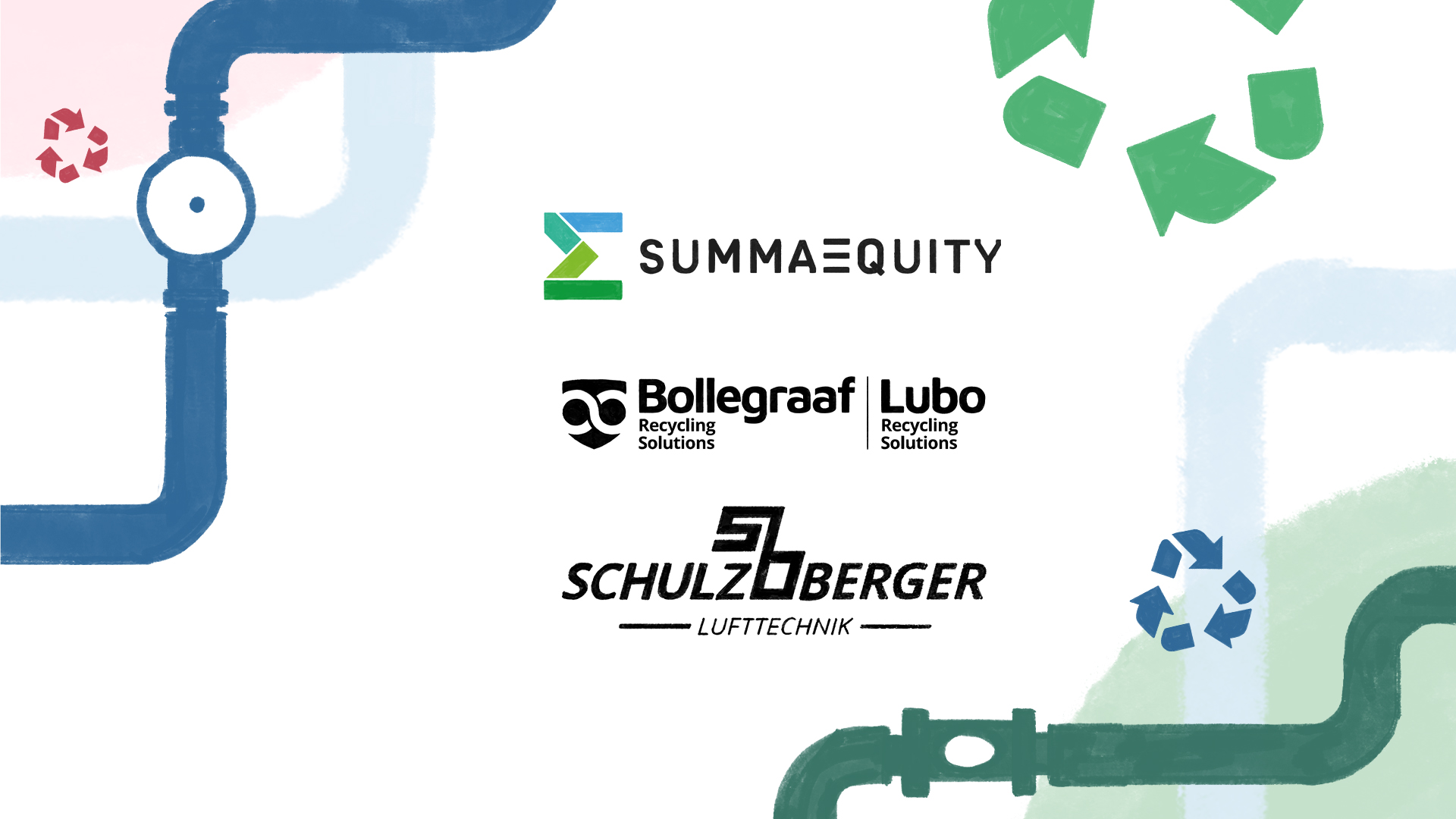
Summa Equity adds Schulz & Berger to its waste equipment platform to accelerate growth and innovation in circular economy technologies
Read more
The case for scalable regenerative agriculture
Read more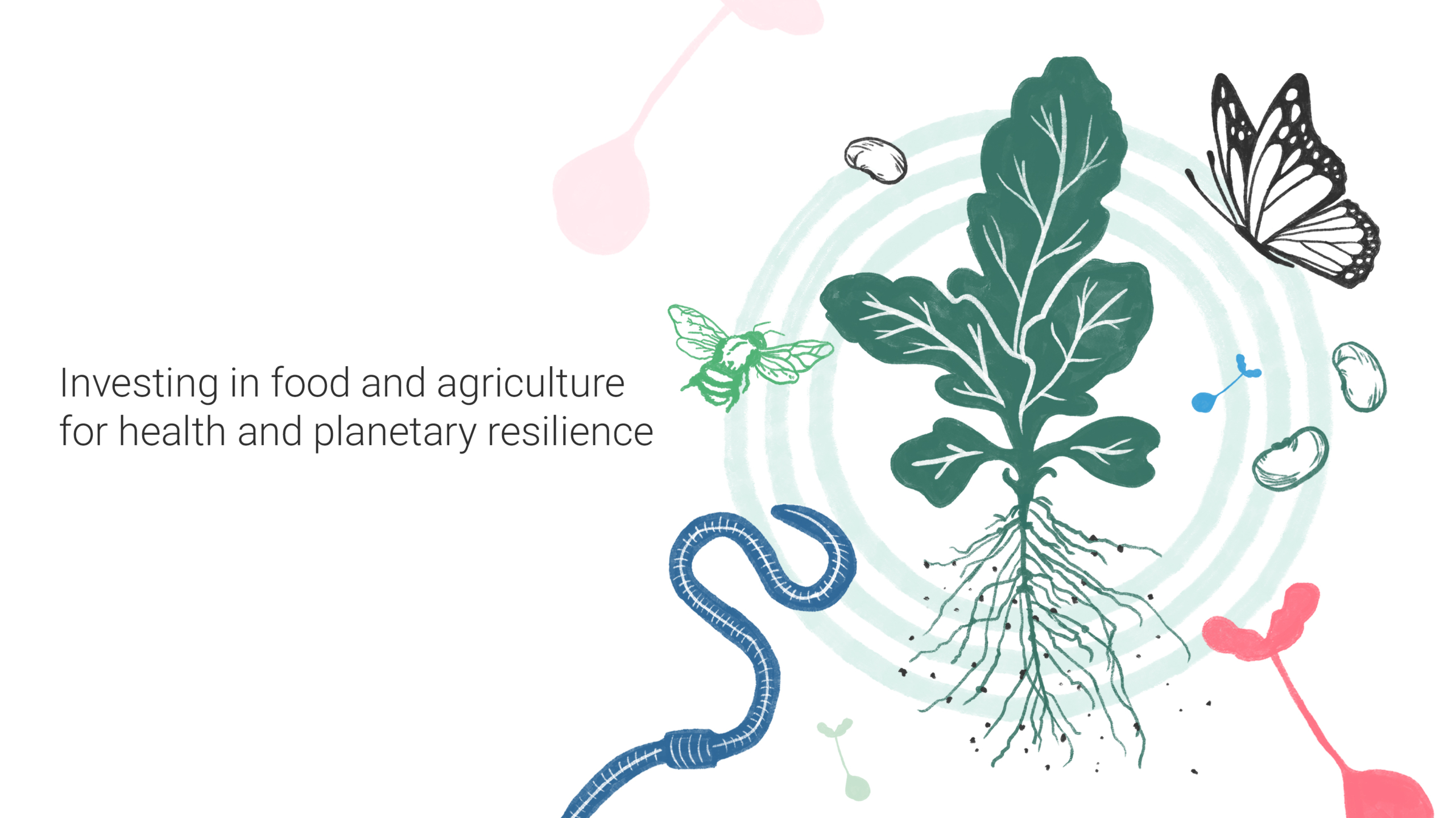
Investing in food and agriculture for health and planetary resilience
Read more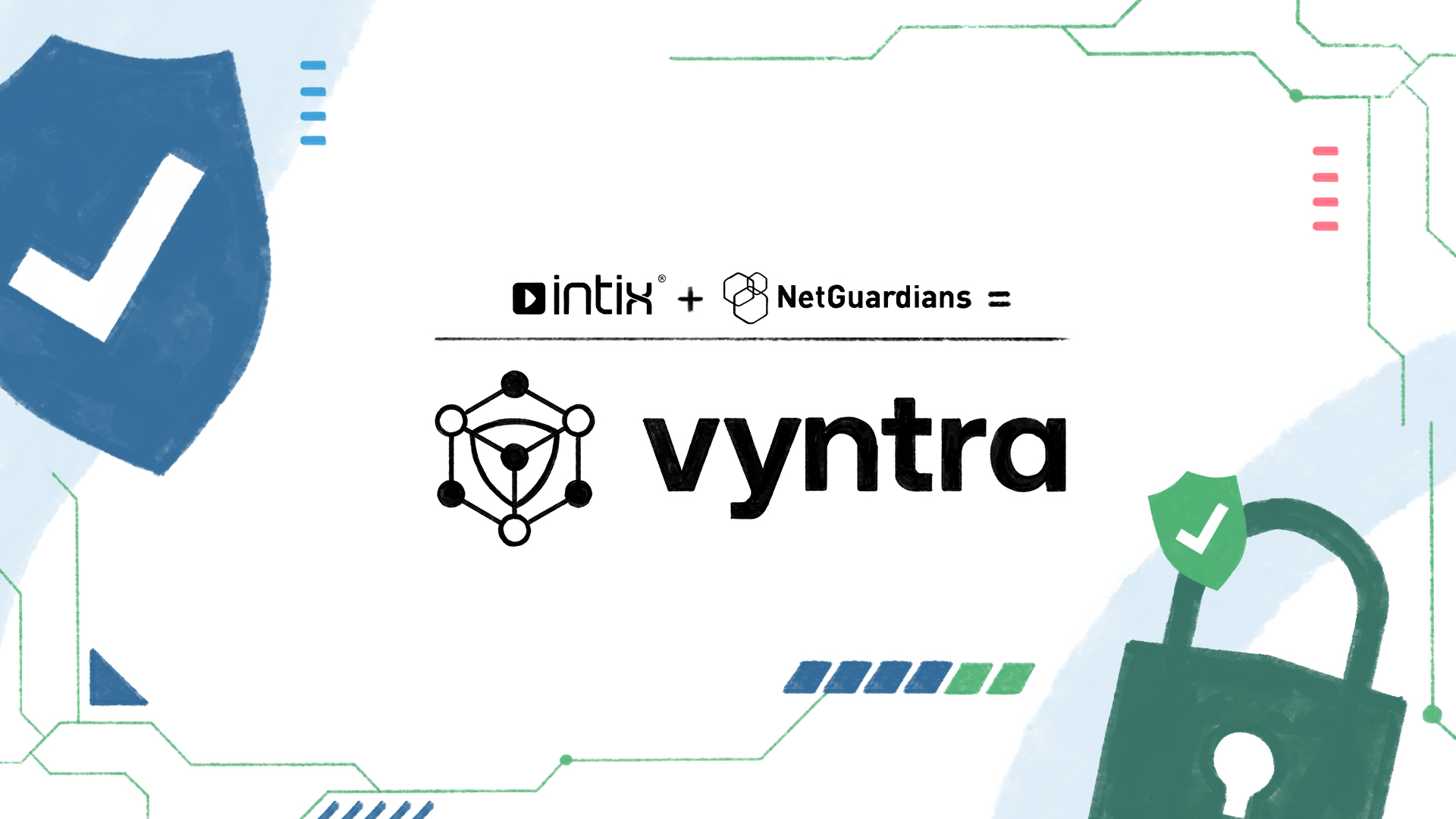
 Jacob Frandsen, Partner, Tech-Enabled Resilience at Summa
Jacob Frandsen, Partner, Tech-Enabled Resilience at Summa

 Matthias Fink, Partner at Summa
Matthias Fink, Partner at Summa
 Dieter Weisshaar, CEO, myneva Group
Dieter Weisshaar, CEO, myneva Group
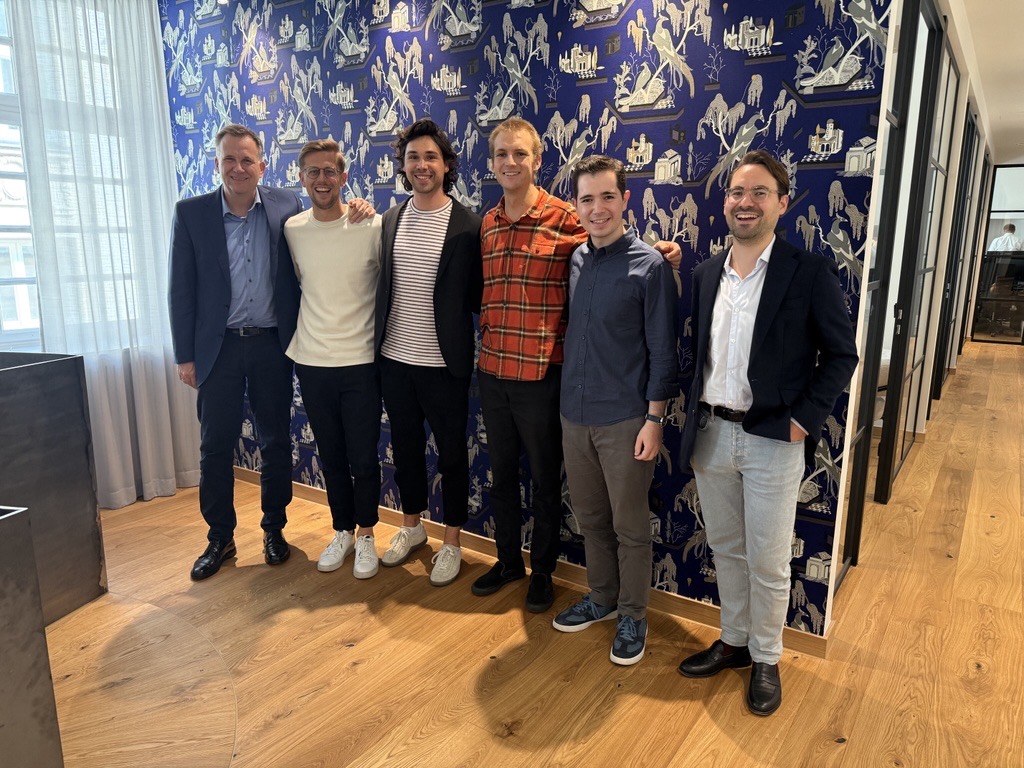

 Bertrand Camus, Partner at Summa
Bertrand Camus, Partner at Summa

 Jacob Frandsen, Partner at Summa
Jacob Frandsen, Partner at Summa

 Martin Gjølme, Partner & Theme lead, Sustainable Food at Summa
Martin Gjølme, Partner & Theme lead, Sustainable Food at Summa



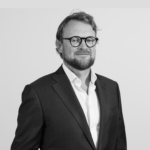 Gisle Glück Evensen, Partner at Summa.
Gisle Glück Evensen, Partner at Summa.
 Svein Henning Kirkeng, CEO, Documaster
Svein Henning Kirkeng, CEO, Documaster
 Adam Berg, CFO, Documaster
Adam Berg, CFO, Documaster

